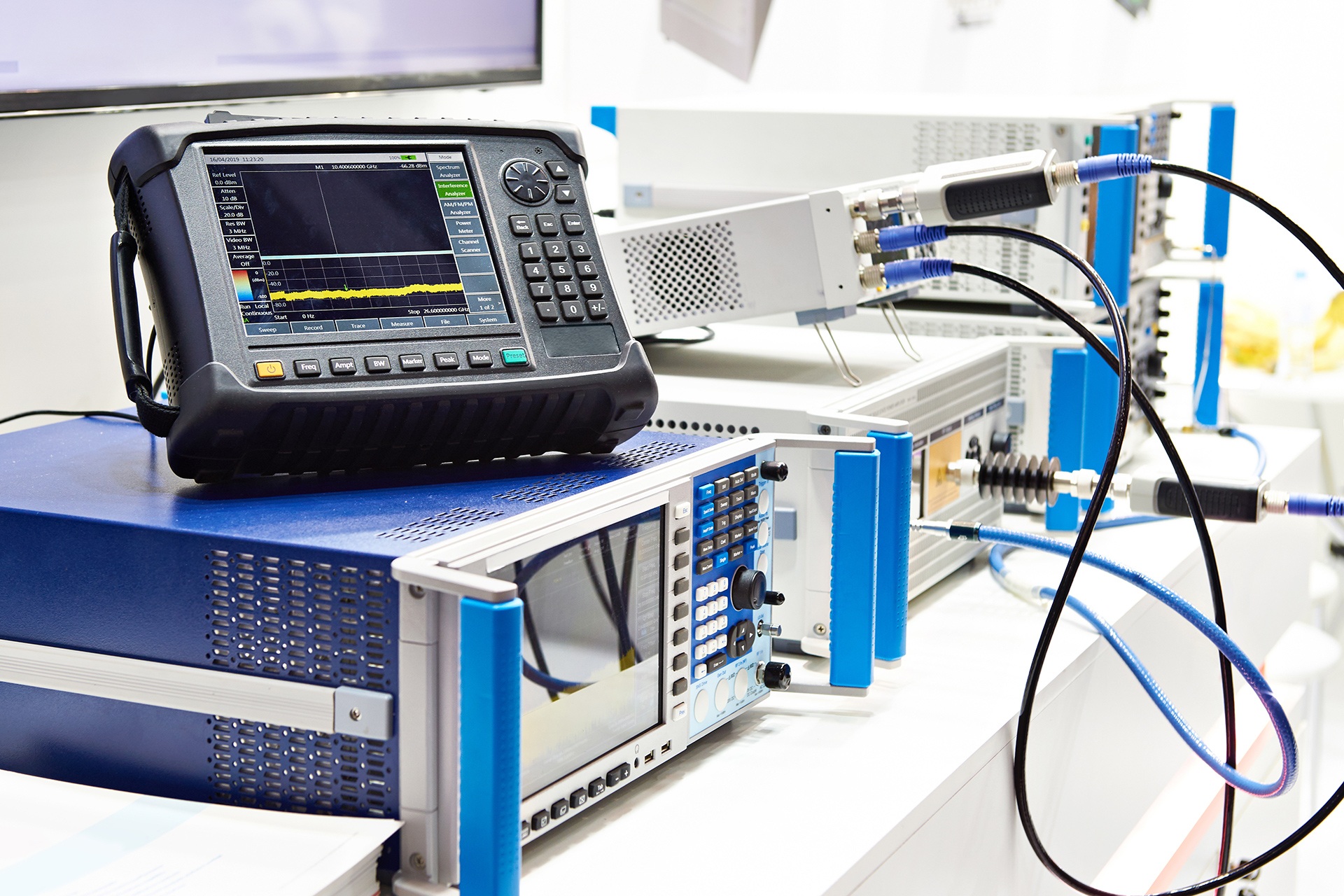Introduction
In an generation where precision and accuracy are paramount, the connection among calibration and regulatory compliance sticks out as a cornerstone of operational integrity across quite a lot of sectors. Calibration guarantees that gadgets and measurements meet designated requisites, even as regulatory compliance promises adherence to rules and restrictions set forth by using governing our bodies. But what exactly is the connection between calibration and regulatory compliance? This article delves deep into this tricky relationship, exploring its implications, importance, and highest practices for establishments striving to shield specifications in fine keep an eye on.
affordable oscilloscope calibrationThe Connection Between Calibration and Regulatory Compliance
Calibration is extra than just a strategy; it’s a fundamental aspect in making sure that businesses observe quite a lot of restrictions imposed by means of marketplace government. Whether it’s prescribed drugs, production, or healthcare, specified measurement isn't really only a pleasant train—it’s steadily a felony requirement.
Understanding Calibration: What Is It?
Calibration refers to the activity of verifying and adjusting the accuracy of measuring instruments against a regarded conventional. This guarantees that when gadgets degree anything—be it temperature, pressure, or electric voltage—they do so with a excessive stage of accuracy.
Why Is Calibration Important?
Accuracy: Ensures that measurements taken are most appropriate. Consistency: Provides uniformity in measurements through the years. Compliance: Meets regulatory necessities.Regulatory Compliance: A Brief Overview
Regulatory compliance comes to adhering to laws, laws, checklist, and requisites proper to industrial strategies. Non-compliance can set off criminal penalties, economic loss, and damage to status.
Key Regulations Influencing Calibration Practices
ISO Standards: These supply checklist for making sure good quality across diversified industries. FDA Regulations: Particularly central in prescription drugs and medical gadgets. CFR Part 11: Related to electronic facts and signatures.The Importance of Calibration in Regulatory Frameworks
How Does Calibration Influence Compliance?
To in attaining compliance with suited policies, enterprises will have to calibrate their device steadily. Failing to achieve this can end in inaccuracies in product pleasant that would endanger customer safe practices or violate governmental principles.
Case Studies Illustrating This Connection
- In pharmaceutical production, misguided measurements also can bring about mistaken dosages. In delicacies processing industries, wrong temperature readings also can bring about foodborne illnesses.
Common Misconceptions About Calibration and Compliance
Many have confidence that calibration is purely invaluable throughout initial setup or after repairs. However, non-stop tracking is essential for affirming compliance through the years.
Best Practices for Ensuring Calibration Compliance
Setting Up a Robust Calibration Schedule
Organizations should always boost a radical calibration agenda primarily based on enterprise techniques or marketplace requirements.
Factors Influencing Calibration Frequency
Equipment usage Environmental conditions Manufacturer specificationsDocumentation: Your Best Friend in Compliance
Maintaining meticulous statistics of all calibration things to do is mandatory for demonstrating compliance right through audits.
What Should Be Documented?
- Date of calibration Name of technician performing the calibration Results of the calibration Any adjustments made
Challenges Organizations Face in Maintaining Compliance Through Calibration
Identifying Common Pitfalls
Organizations repeatedly wrestle with aid allocation for widely used calibration caused by price range constraints or loss of educated employees.
Strategies for Overcoming These Challenges
Prioritize obligatory tools. Invest in guidance group on correct calibration methods. Leverage technology for automation wherein plausible.The Role of Technology in Enhancing Calibration Processes
Advancements like IoT (Internet of Things) give authentic-time tracking potential that can simplify the approach particularly.
Industry-Specific Considerations for Calibration and Compliance
Pharmaceutical Industry Standards
In pharmaceutical production, any deviations from calibrated system could have excessive effects adding remembers or health dangers to patients.
Food Industry Regulations
Food defense policies require stringent adherence to temperature controls which be counted closely on calibrated thermometers and sensors.

FAQs approximately The Connection Between Calibration and Regulatory Compliance
Question 1: Why is calibration necessary for regulatory compliance?
Calibration ensures that measuring contraptions function inside of defined limits and convey riskless outcomes required by means of guidelines.
Question 2: How basically should machinery be calibrated?
Calibration frequency is dependent on manufacturers' solutions yet deserve to probably occur every year at minimum or extra steadily centered on usage patterns.
Question 3: What are the results of failing to calibrate?
Consequences can include legal consequences, product remembers, economic losses, and reputational destroy.
Question four: Can science automate the calibration task?
Yes! Technologies like IoT can display accessories repeatedly and offer alerts when recalibration is indispensable.
Question five: What documentation is required for compliance auditing?
Documentation will have to embody calibration dates, technician information, consequences acquired at some stage in calibrations, adjustments made if any had been helpful.
Question 6: Are there marketplace-different directions on the topic of calibration?
Yes! Different industries have unique recommendations adapted to their particular desires influenced via their operational setting.
Conclusion
The connection between calibration and regulatory compliance is not going to be overstated; it truly is a symbiotic courting that safeguards the two public welfare and corporate integrity. Organizations would have to prioritize fantastic calibration practices as component to their broader procedure for achieving regulatory compliance at the same time as additionally improving operational potency. By investing time into wisdom these connections—in addition to enforcing premier practices—organisations not most effective be sure they meet authorized obligations however additionally foster have confidence amongst valued clientele who depend upon their items daily.
This article serves as an extensive guideline outlining the relevant connection among calibration tactics inside of several regulatory frameworks when featuring insights into top practices designed to navigate this problematical panorama easily. By information those principles deeply satisfactory—enterprises will now not merely comply but thrive inside of their respective industries!